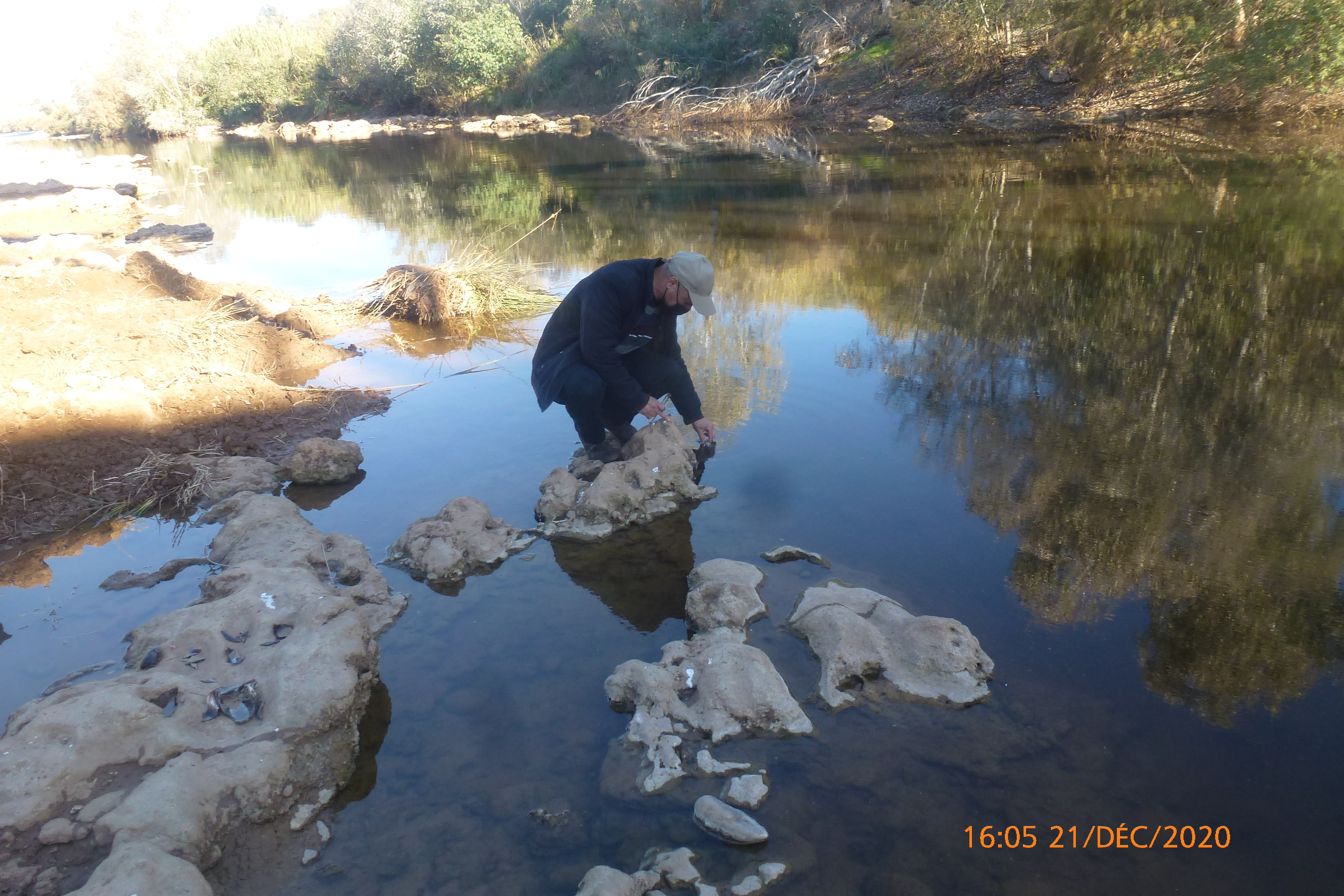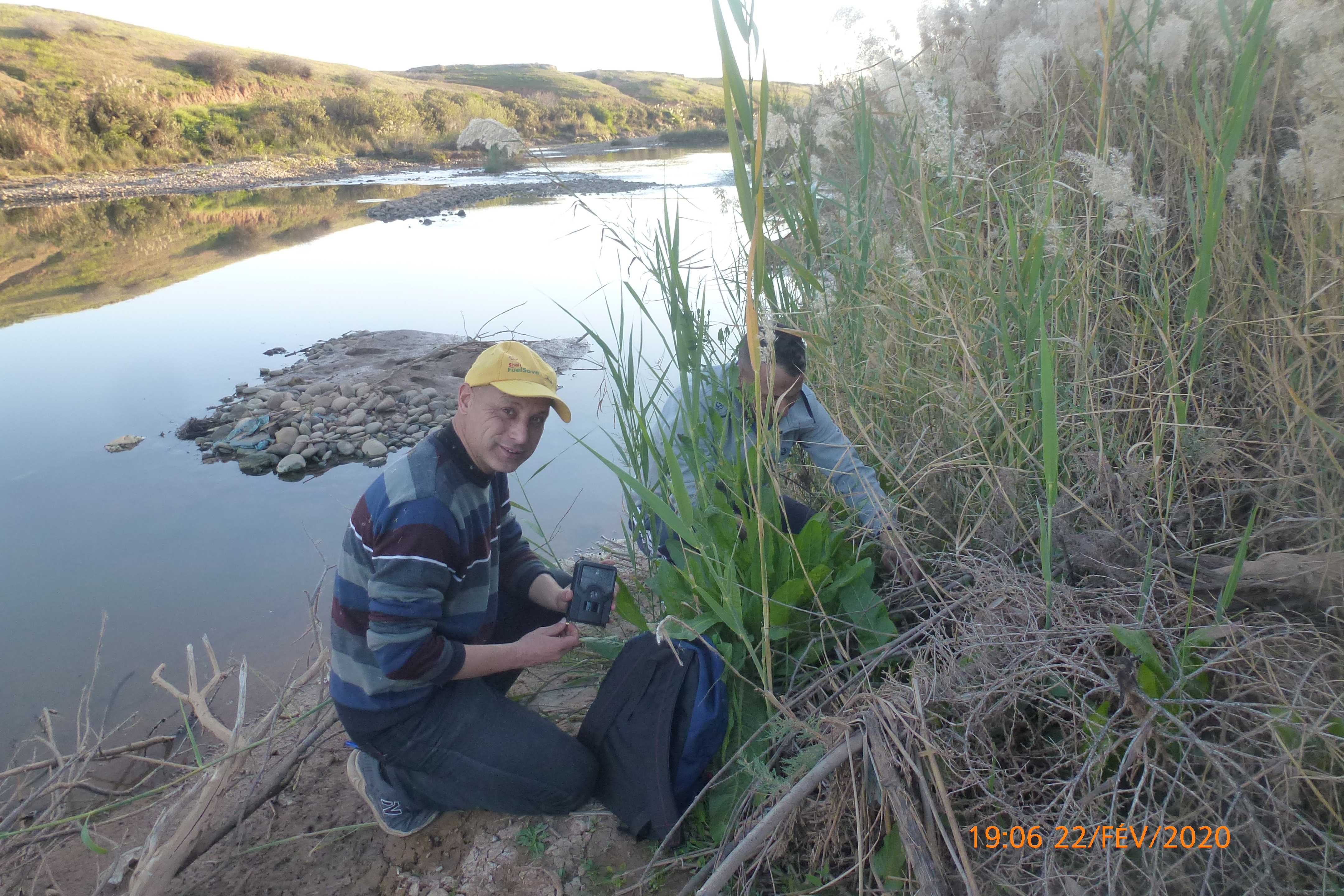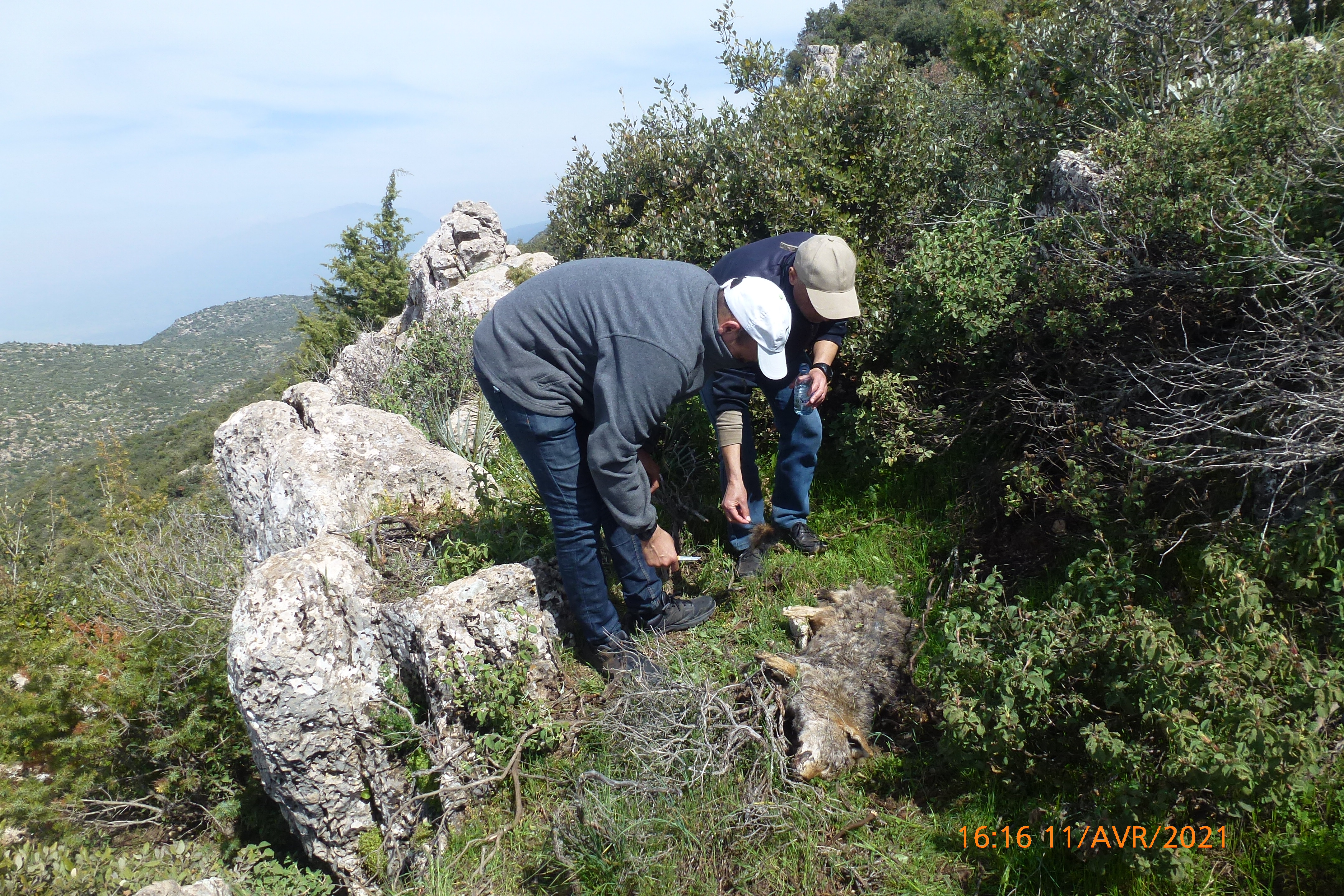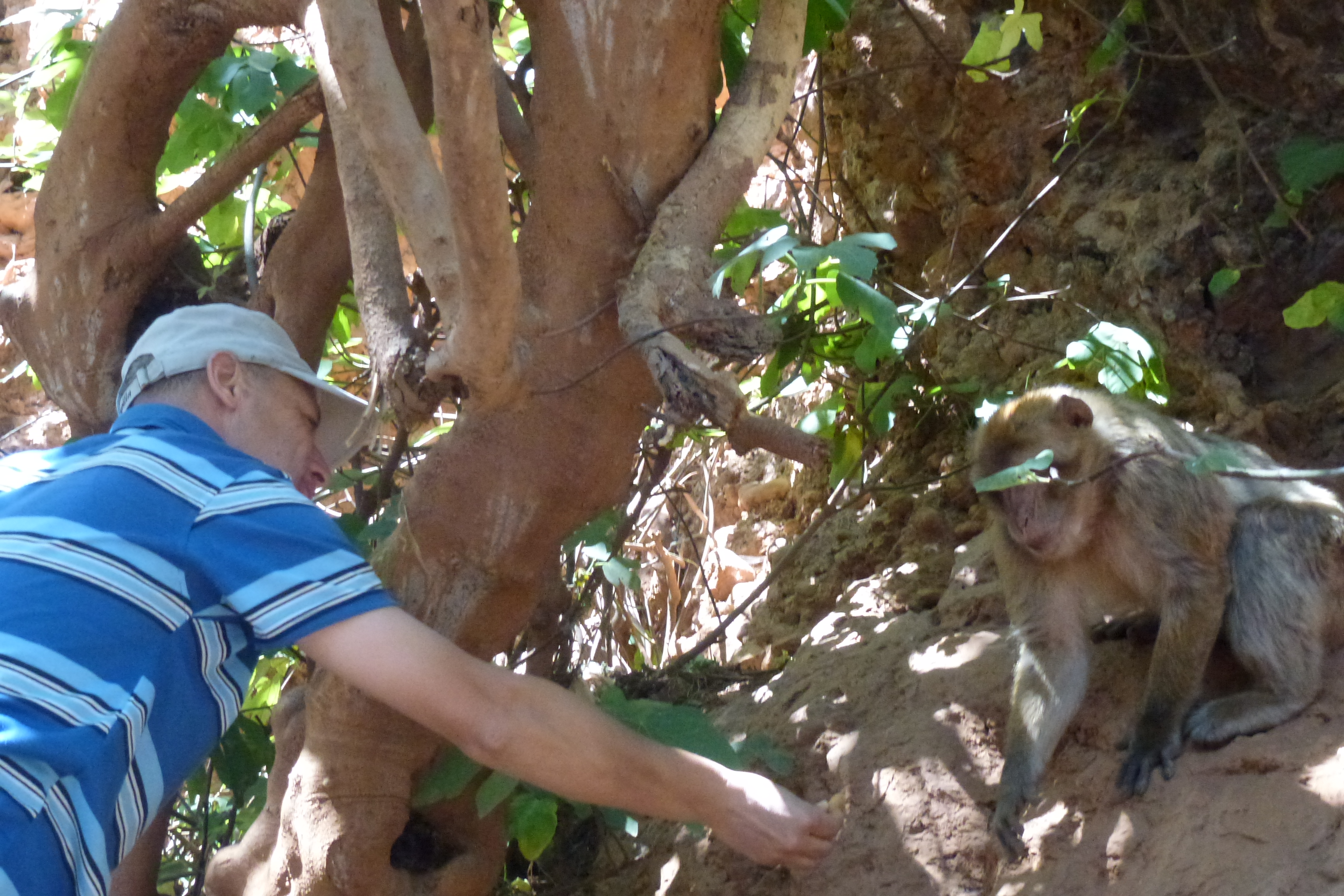




Conduction of scientific research on the effects of human activities on wildlife allowed us to better understand the effects of humans on wild animal populations. Today, we are the only who carry out scientific studies on biodiversity in the central High Atlas. The solutions proposed consist in encouraging research institutions to participate in these scientific studies and to study other zoological groups.
Scientific research is essential for conservation as it helps establish solutions based on scientific results. For example, we have shown that hunting currently used in Morocco to limit the growth of wild boar populations has, on the contrary, a postive impact on wild boars and that the conservation of wild boar predators is the best method to regulate wild boar populations. We have also shown that poaching affects populations of the Barbary macaque, Cuvier's gazelle, and of other species. The prohibition of poaching and the sensitization of habitats were the main causes for the increase in the Barbary macaque population in the site of Ouzoud, Morocco.
The central High Atlas Mountains have a great diversity of habitats and of plant and animal species . This area is home to a variety of animal species, especially mammals with more than 24 wild mammal species and more than 120 birds.
Scientific studies allow us to understand the factors responsible for species declines and to develop appropriate solutions.